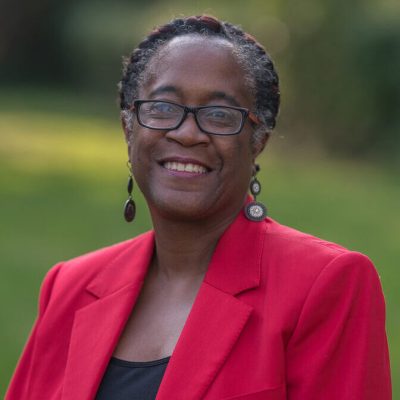BY THE 50+ TRAVELER, FOR THE 50+ TRAVELER
Bucket List Destinations Inspiring Extraordinary Experiences for the 50+ Traveler
FEATURED EXPERTS
GET TO KNOW OUR EXPERT CONTRIBUTORS

He has done just that over his more than 40 years as a journalist, visiting popular places such as Italy and the United Kingdom, as well as some lesser-visited locales such as Moldova and Niger. His favorite thing to do as a traveler is to try local food he’s never eaten before. Stacey also enjoys exploring a new city on foot, ducking down shaded streets and unassuming alleys to find something unexpected. While airplanes make it much quicker to get there, once in a new spot, Stacey wants to explore by bike, car, or train to see it all up close and from ground level.

Sheryl Nance-Nash is a freelance writer specializing in travel. Her work has appeared on CNTraveler.com, TheDailyBeast, Fodors, Afar, Global Traveler Magazine, ShermansTravel, and Newsweek.com among others.

Missy Glassmaker is an Emmy-nominated producer and writer. She spent most of her career in broadcast television news, working in Providence, Rhode Island; Knoxville, Tennessee; and St. Louis, Missouri. Missy enjoys cooking, entertaining, and of course, traveling. Her favorite travel companions are her twin sons, who are always ready to explore.














